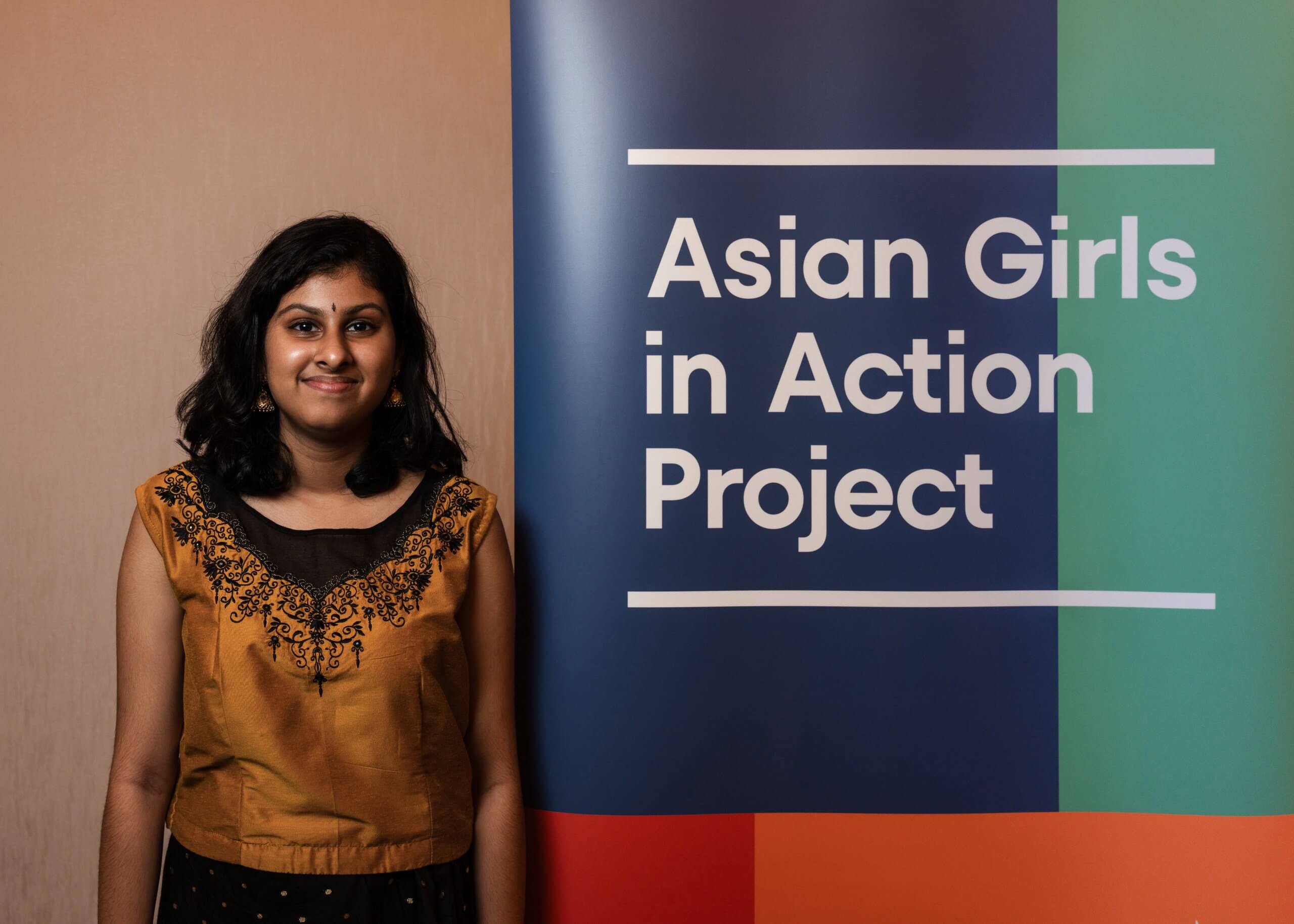Kareeshini is an 18-year-old student from Kuala Lumpur, Malaysia. She is a passionate advocate for children and women’s rights, participating in a wide array of programmes organised by the Human Rights Commission of Malaysia (SUHAKAM) and UNICEF. She is an alumni of the Children’s Consultative Council (CCC), where she had the opportunity to take part in courses designed to raise awareness of children’s rights and women’s reproductive health.
A cause that deeply resonates with her is addressing period poverty in Malaysia: the cost of conventional menstrual hygiene products has become a burden to B40 (low income) families in the country. Kareeshini is also concerned about the harmful environmental impact associated with the use of sanitary pads: vast quantities of traditional menstrual products end up in Malaysian landfills, creating microplastic pollution in rivers and seas.
As a result, Kareeshini has decided to create a project that would tackle both the issues of period poverty and plastic pollution, entitled “Nature Care Sanitary Pads”. Her program is in line with SDGs 6 (“Clean Water and Sanitation”), 12 (“Responsible Consumption and Production”), and 13 (“Climate Action”).
Her goal is to distribute cotton flannel pads (reusable and eco-friendly) to marginalised low-income household girls in Klang Valley in Malaysia, while also gathering data about the perception of menstruation within these families.
To bring her project to life, Kareeshini has chosen to open a survey on social media for all girls across Malaysia, allowing her to identify potential recipients and ultimately distribute pads to them. To further promote and raise awareness to her project, Kareeshini is collaborating with the Women’s Aid Organisation (WAO).
Through her initiative “Nature Care Sanitary Pads”, Kareeshini hopes to empower women and girls, providing them with a greater sense of security and stability in their daily lives, all the while contributing to the reduction of plastic waste in Malaysia.

